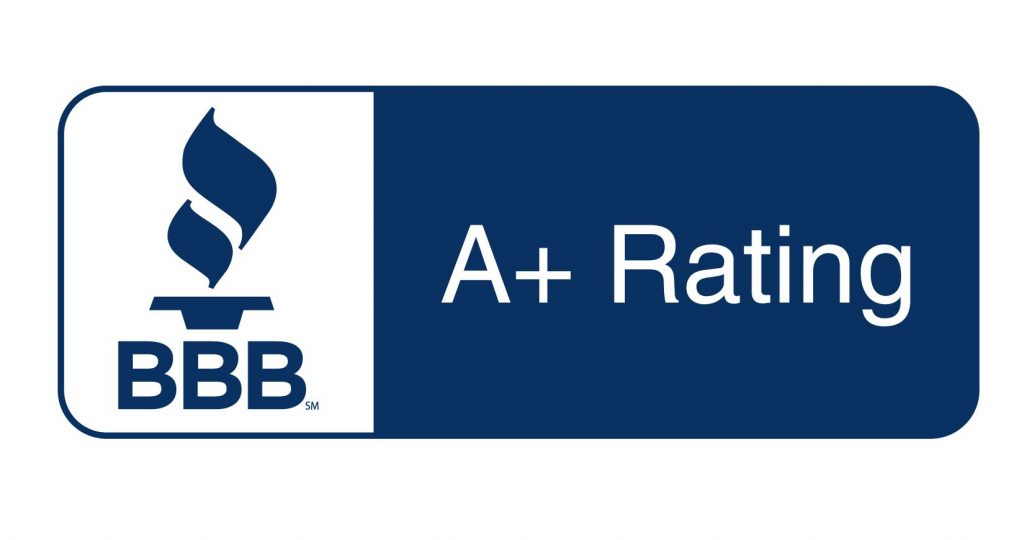Did you know approximately 70% of people over the age of 65 will need some sort of long-term care during their life? Did you also know that the average cost of a private room in a nursing home costs nearly $10,000 per month? Those costs don’t include any healthcare you need or personal items.
After learning those facts, you may be wondering if Medicare pays for nursing home care.
What Is Nursing Home Care?
Nursing homes are for individuals who don’t need hospital care but can’t be cared for in their homes. Nursing home facilities employ skilled nurses and nursing aids that work 24 hours a day to provide for residents.
Some nursing homes are set up similarly to a hospital, with medical care and speech, occupational, and physical therapy available. Others try to replicate a typical home and have a neighborhood-like community. Most don’t keep consistent day-to-day schedules and instead base their days around the care residents need.
Nursing homes are not only for older adults. Anyone who needs 24-hour care can benefit from nursing home care. Some facilities even have specialty units for individuals with memory problems like Dementia and Alzheimer’s disease.
Most nursing home care is considered custodial care. Custodial care helps people with their activities of daily living (ADLs), like dressing, bathing, eating, and using the bathroom. Minimal healthcare assistance is also allowed, typically with activities that would otherwise be able to be done by the person themselves, like using eye drops. The activities must be able to be accomplished safely without professional skills or training.
Medicare Coverage for Nursing Home Care
In most cases, Medicare does not pay for nursing home or custodial care.
It will, however, cover skilled nursing expenses in specific, short-term situations. For example, if a person has been released from a hospital but still requires some specialized care, Medicare will pay for a short-term stay in a nursing home. The following requirements must be met:
- The inpatient hospital stay was at least three days.
- The beneficiary was admitted to a facility within 30 days of the qualifying hospital stay.
- The beneficiary needs skilled care, including physical or speech therapy or other forms of rehabilitation.
If all three of those qualifications are met, Medicare offers coverage for up to 100 days of nursing home care. The first 20 days require no cost-sharing from the beneficiary, but each of the next 80 days will cost $194.50 per day. Beginning on day 101, the beneficiary is responsible for all costs.

Other Ways to Pay Nursing Home Costs
Since seniors can’t rely on Medicare to help them with long-term nursing home care, they should consider other ways to finance their care before they need it. Options include life insurance, annuities, and long-term care insurance.
Long-Term Care Insurance
Long-term care insurance can be a wise investment if someone is planning in advance. Individuals can purchase a policy that ranges anywhere from a $2,000 to $10,000 per month payout. Carriers have differing requirements as to when the policy can be paid out for claims.
Life Insurance
Whole life insurance policies allow policyowners to surrender or sell the policy. This means the agency or settlement company will buy the policy from the owner and pay an amount of the face value, somewhere between 50-75%. In return, if the policy is sold to a life settlement company, the company will pay the remainder of the premiums and receives the payout upon death.
Life insurance policies can also be converted to life assurance accounts, which are designed specifically to pay for long-term care.
Annuities
Annuities have many purposes, but funding for long-term care is a great way to use one if needed. The person invests a lump-sum amount of money and then receives regular monthly payments over a period of years. The money can be used however it is needed.





